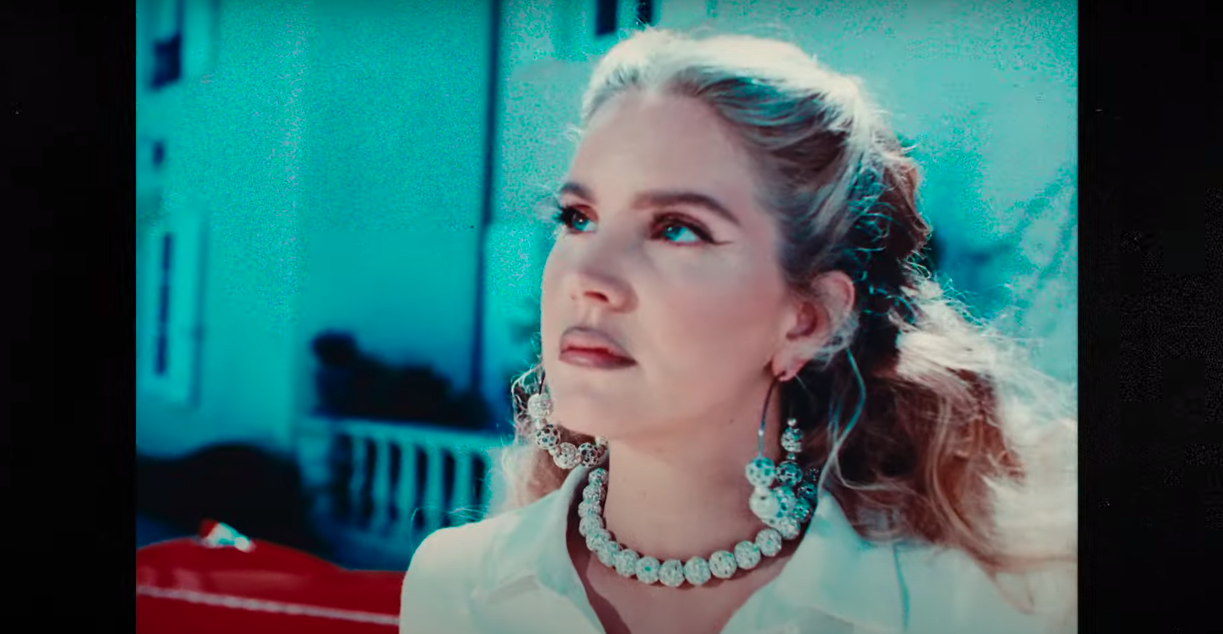


In a prior incarnation, the 25 year-old Lana Del Rey went simply by her birth name, the much less-gauzy Lizzy Grant - and early photographs show that the mesmeric pout that had so captivated viewers in her video for “Video Games” was itself engineered, the product of a collagen injection. In that regard it’s unsurprising that Del Rey’s video received an initial wave of curiosity/ attention many musical bands/ acts that employ the artificially-nostalgic look/ sound receive some derision from traditional music critics, and even singles-driven music blogs that value and promote that aesthetic don’t tend to represent it as innovative, instead tolerating it with an understanding that this is the present ‘language’ that is currently in fashion.īut the first wave of backlash against Lana Del Rey began to emerge when it was ‘discovered’ she was, by all standards of perception, no bootstrapping blogosphere chanteuse, no lucky YouTube phenomenon, but an “outsider,” the daughter of a millionaire who had funded her multiple calculated attempts at ‘breaking in’ to the music industry through professionally-produced recordings. The sun-faded, melancholy Polaroid aesthetic would have been familiar to the point of fatigue to those who consider it important to keep well abreast of independent music said aesthetic has been widely employed on the ‘indie scene’ in general over the past two years or so, a product of the tendency for each generation’s hip 20-somethings to express nostalgia for a time they themselves didn’t quite experience. This article is intended as an explicatory primer on/ analysis of the Lana Del Rey phenomenon that you can send to your Facebook friends, your mother, your coworker who has just heard of her yesterday, or to someone who says to you next year, “oh yeah, what was the deal with that one singer last year again?”įirst of all, the part that nearly everyone knows by now: Lana Del Rey is an attractive, pillow-lipped singer who released a single called “Video Games,” accompanied by a video comprised primarily of aesthetic but vague lo-fi video clips and paparazzi recordings of actress Paz de la Huerta tottering drunk, as if to make some kind of ‘statement’ re Hollywood, potentially ‘old Hollywood.’

You might even have had someone ask you “who is Lana del Rey,” in which case you most likely paused, searching for words, until you became overwhelmed by a sort of topical fatigue, electric visual impulses of Twitter feeds or high-contrast blogs flickering briefly in your head before you gave up. If you spend any time following music, or internet culture, or better yet the significant zone of overlap between the concentric universes of internet and music, you have probably had someone ask you “have you heard of Lana Del Rey,” “do you like Lana Del Rey” or, in particular, “why is everyone always talking about Lana Del Rey.”


 0 kommentar(er)
0 kommentar(er)
